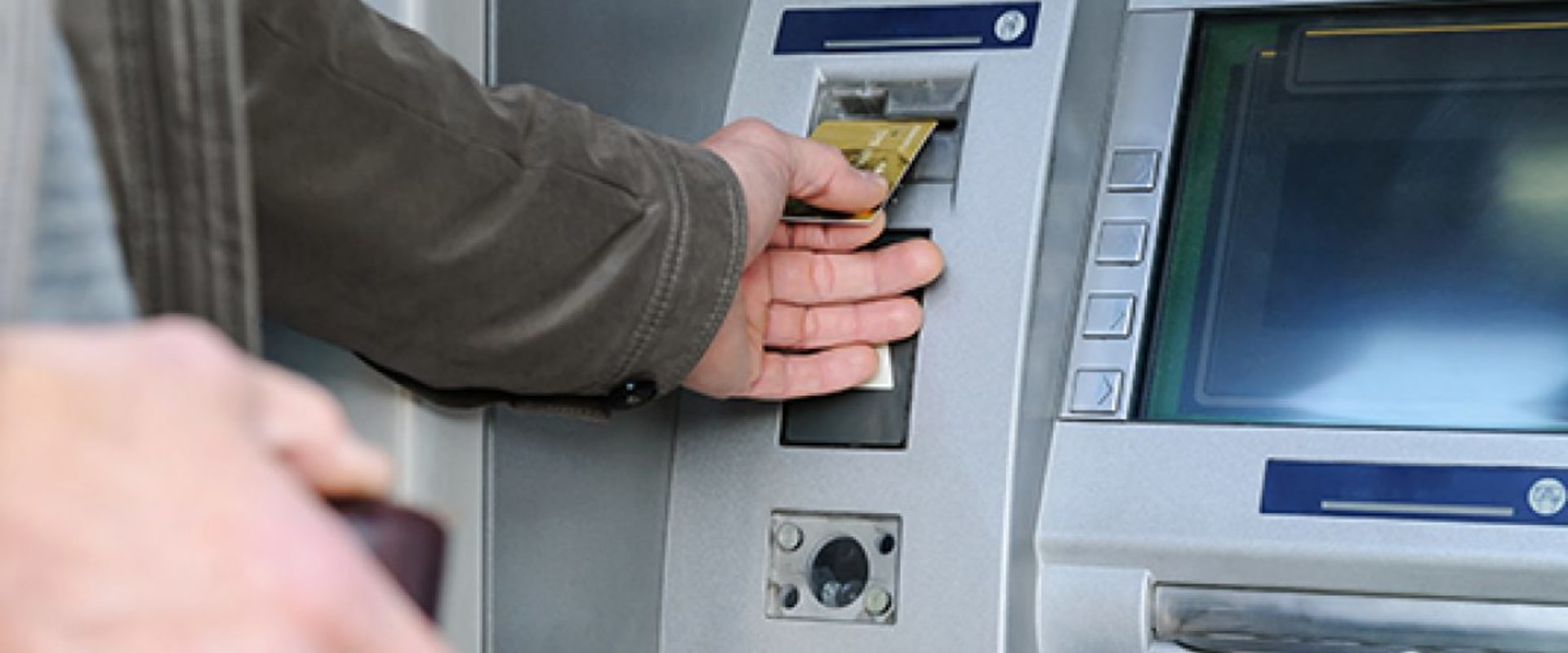A payday to debit card loan is a short-term loan offered by your credit card issuer. When you apply for a payday to debit card loan, you are borrowing money against your card's line of credit. This type of loan allows you to use your credit card to get a short-term cash loan at a bank or ATM. Unlike a cash withdrawal from a bank account, a payday to debit card loan should be returned just like anything else you deposit on your credit card. Think of it like using your credit card to buy cash instead of goods or services.
A cash advance fee is usually a service charge from the credit card issuer. It can be a percentage of the amount of the cash advance or a fixed fee, and it can be withdrawn from the cash advance when you receive it or posted on your credit card bill. Unlike other types of loans, interest starts to accrue on the day you receive the cash advance. If this is your only solution to withdrawing money quickly, make sure you know all the costs involved and develop a plan to pay it off.
Before you use your credit card for an advance, it's helpful to know the steps you can take to minimize the costs of a cash advance. Check your credit card terms to find out what your cash advance limit is and how much credit you have available for a cash advance. The reality is that credit card cash advances can be very expensive and often cost much more than you initially imagine. The main risk when requesting a cash advance is the potentially high interest rates you could end up paying. When you're short on funds but need money right away, getting a cash advance on your credit card is a quick and convenient way to get the cash you need.
Plus, if you're abroad and need quick access to cash, taking a credit card cash advance can save your life. The cash advance limit on your credit card will normally be lower than the credit limit, with a typical limit ranging from 20 to 50% of your total spending limit. In fact, credit card companies often limit the amount of your daily cash advance to a few hundred dollars. A cash advance could also affect your credit if taking on high-interest credit card debt makes it difficult for you to keep track of your bills. You usually receive a cash advance from an ATM or a bank that works with your credit card payment network (Visa, Mastercard, American Express or Discover). In addition, cash advances usually don't qualify for rewards, cashback programs, or any other credit card benefits.
The card issuer will likely send your Cash Advance PIN in the mail if you apply by mail or by phone. When considering taking out a cash advance, it's important to understand all the costs associated with it and develop a plan to pay it off as soon as possible. Make sure to check your credit card terms for information about your available limit and daily withdrawal limits. Also, keep in mind that taking out a cash advance could affect your credit score if taking on high-interest debt makes it difficult for you to keep track of your bills.
